Researchers at the University of California, Los Angeles, have found that consuming cinnamon could potentially prevent diabetes in individuals at risk.
Their study suggests that a twice-daily dose of approximately a teaspoon of cinnamon significantly reduces blood sugar levels in those with prediabetes. This discovery points to the spice as a simple, natural method to aid in controlling prediabetes conditions.
The Impact of Cinnamon on Blood Sugar Levels
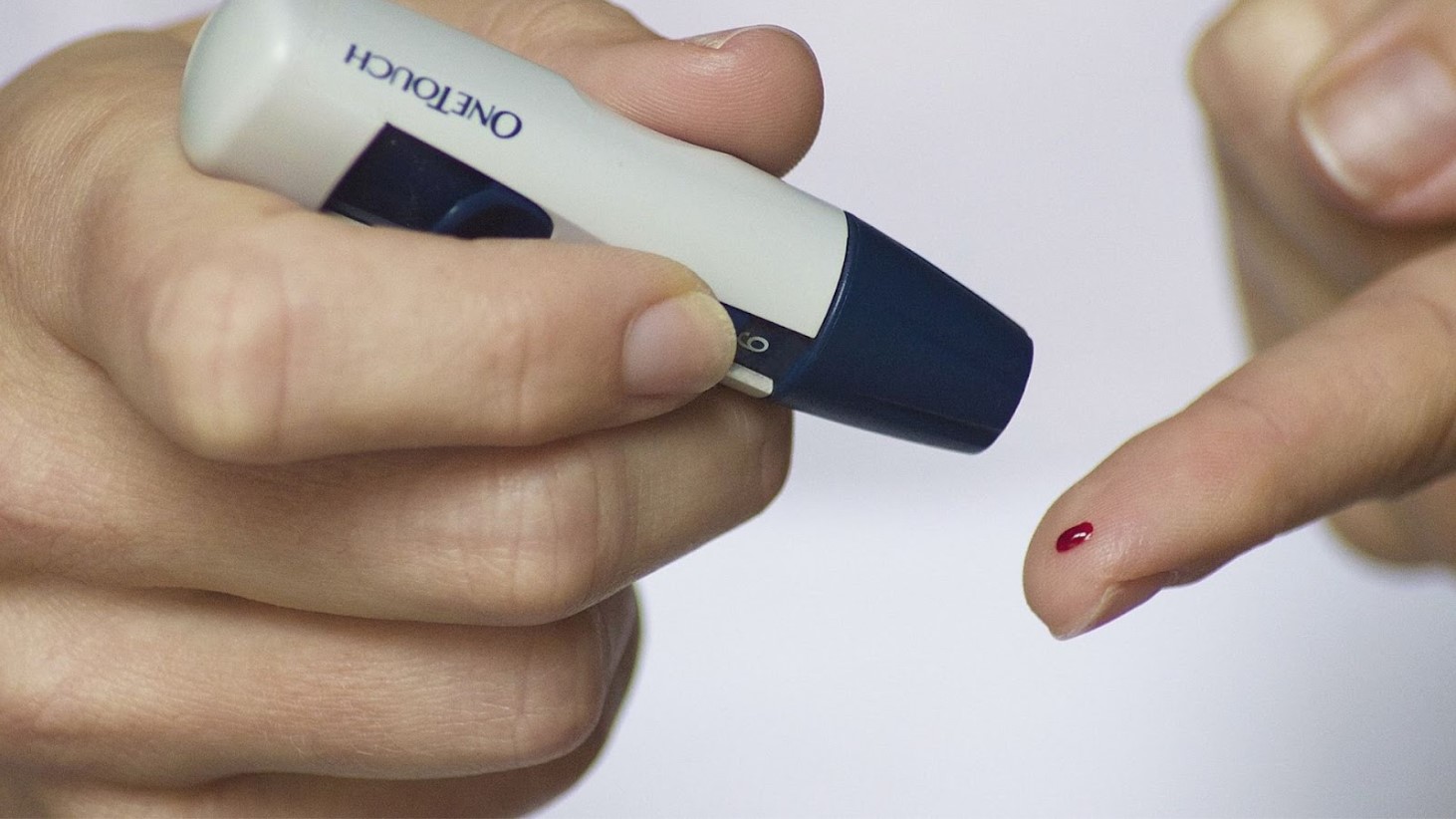
The study conducted by the researchers demonstrated that cinnamon has the ability to lower blood sugar levels in individuals diagnosed with pre-diabetes.
By incorporating roughly a teaspoon of cinnamon into the diet twice daily, participants observed a noteworthy decrease in their blood sugar levels, suggesting cinnamon’s potential role in preventing the transition from pre-diabetes to diabetes.
The Design of the Cinnamon Study
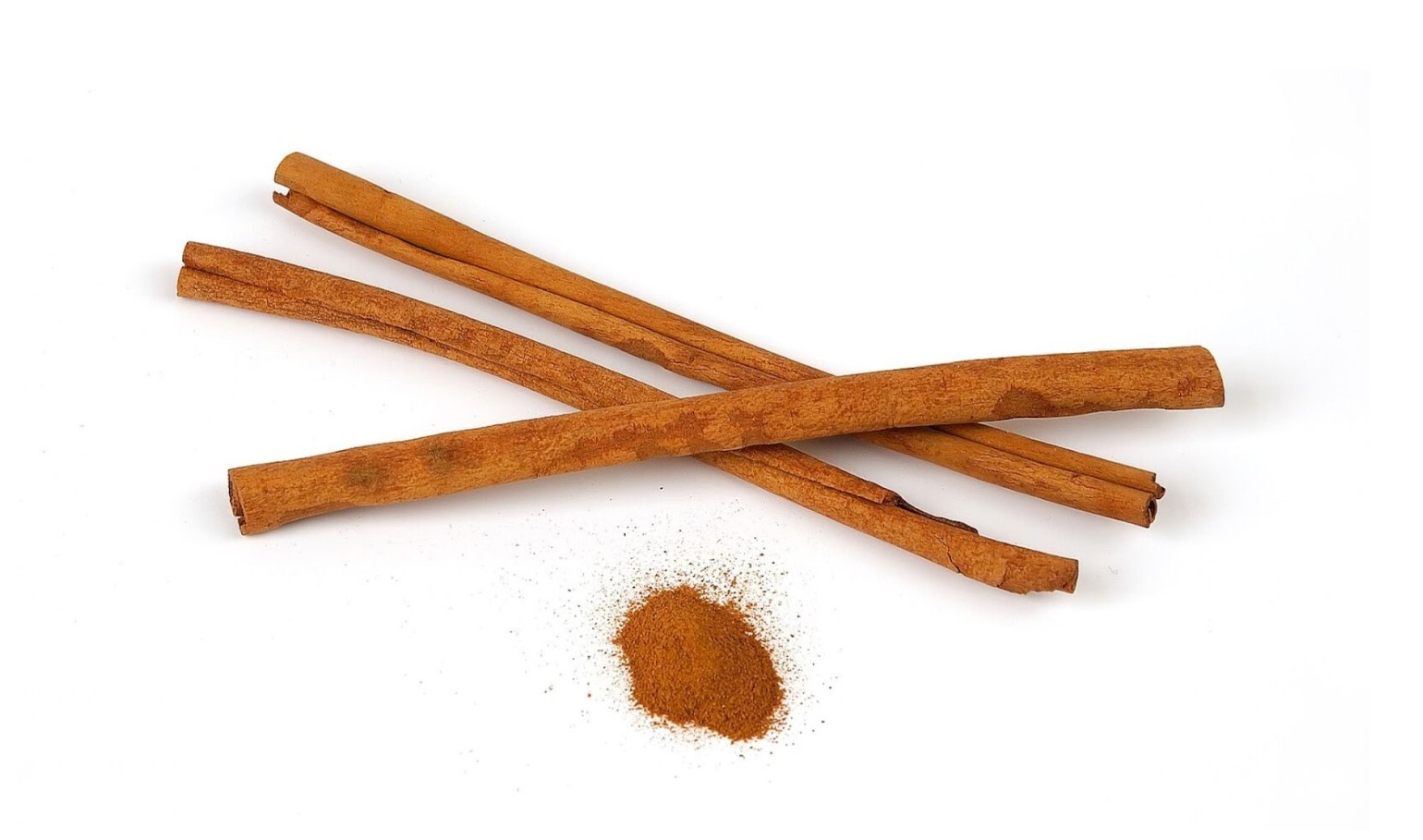
Participants in the study were subjected to a controlled diet that was rich in simple carbohydrates and devoid of vegetables for a duration of one month.
This diet set the stage for assessing the effects of cinnamon supplementation versus a placebo.
Treatment Groups and Capsule Distribution
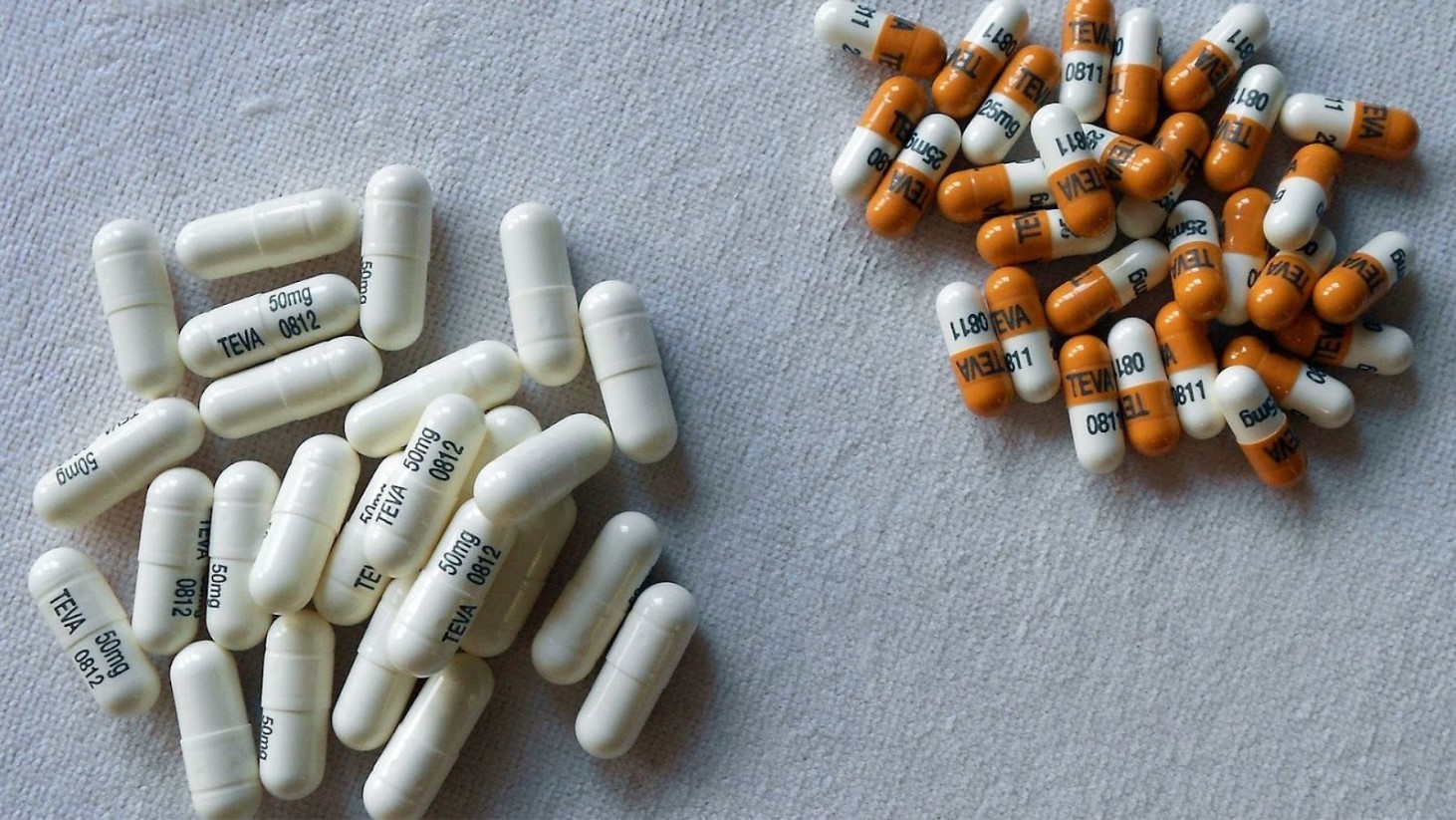
In the study’s methodology, participants were divided into two groups to receive either cinnamon capsules or placebo capsules containing maltodextrin.
Each participant consumed 16 capsules daily, split between breakfast and dinner, allowing for a controlled comparison of the effects of cinnamon on blood sugar levels versus the placebo.
Cinnamon’s Active Compounds in Blood Sugar Regulation

The effectiveness of cinnamon in managing blood sugar levels is attributed to its compounds, cinnamaldehyde and catechins, according to the American Journal of Clinical Nutrition.
These compounds assist in stabilizing blood sugar by enhancing insulin’s efficiency in transporting glucose into cells, thereby reducing inflammation and supporting glucose storage as glycogen in the liver for future energy needs.
Cinnamon’s Impact on Type 2 Diabetes and Cholesterol
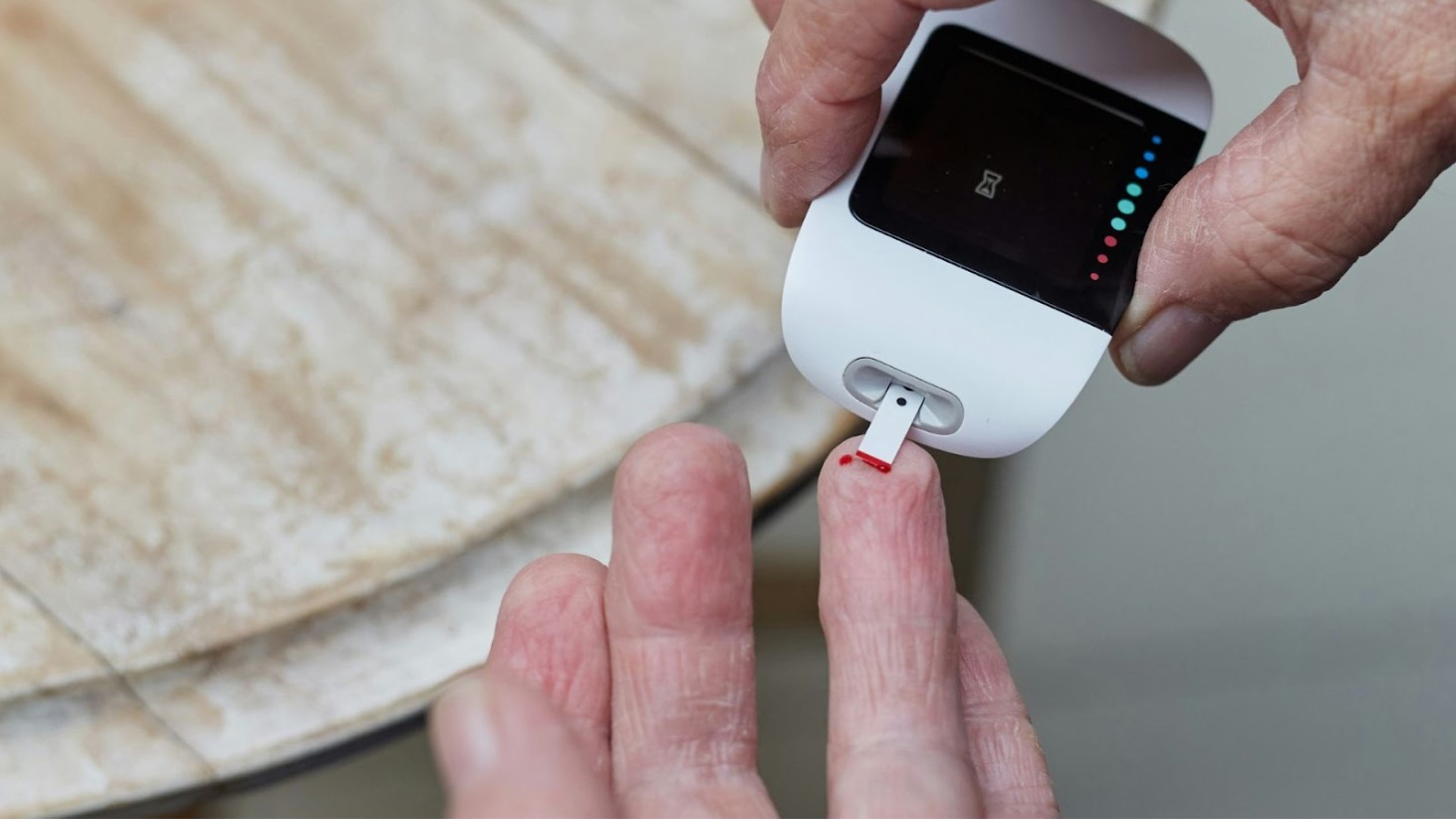
CNN Health details another study involving 60 individuals with type 2 diabetes highlighted the potential benefits of cassia cinnamon.
Small doses were found to decrease blood sugar levels while also improving LDL cholesterol, triglycerides, and total cholesterol. This suggests that cassia cinnamon could play a role in managing both diabetes and cardiovascular health.
The Challenge of Consistent Results in Cinnamon Studies

Despite some positive findings, other research efforts have struggled to replicate the benefits of cinnamon on blood sugar control, CNN Health explains.
A 2012 review of 10 randomized controlled trials failed to find conclusive evidence supporting cinnamon’s effectiveness. Dr. Giulio Romeo, a staff physician at Boston’s Joslin Diabetes Center and the division of endocrinology at Beth Israel Deaconess Medical Center, points out that the variability in results may stem from participants’ existing diabetes medications, which could interfere with the outcomes.
Cinnamon’s Potential Effects on Gut Health
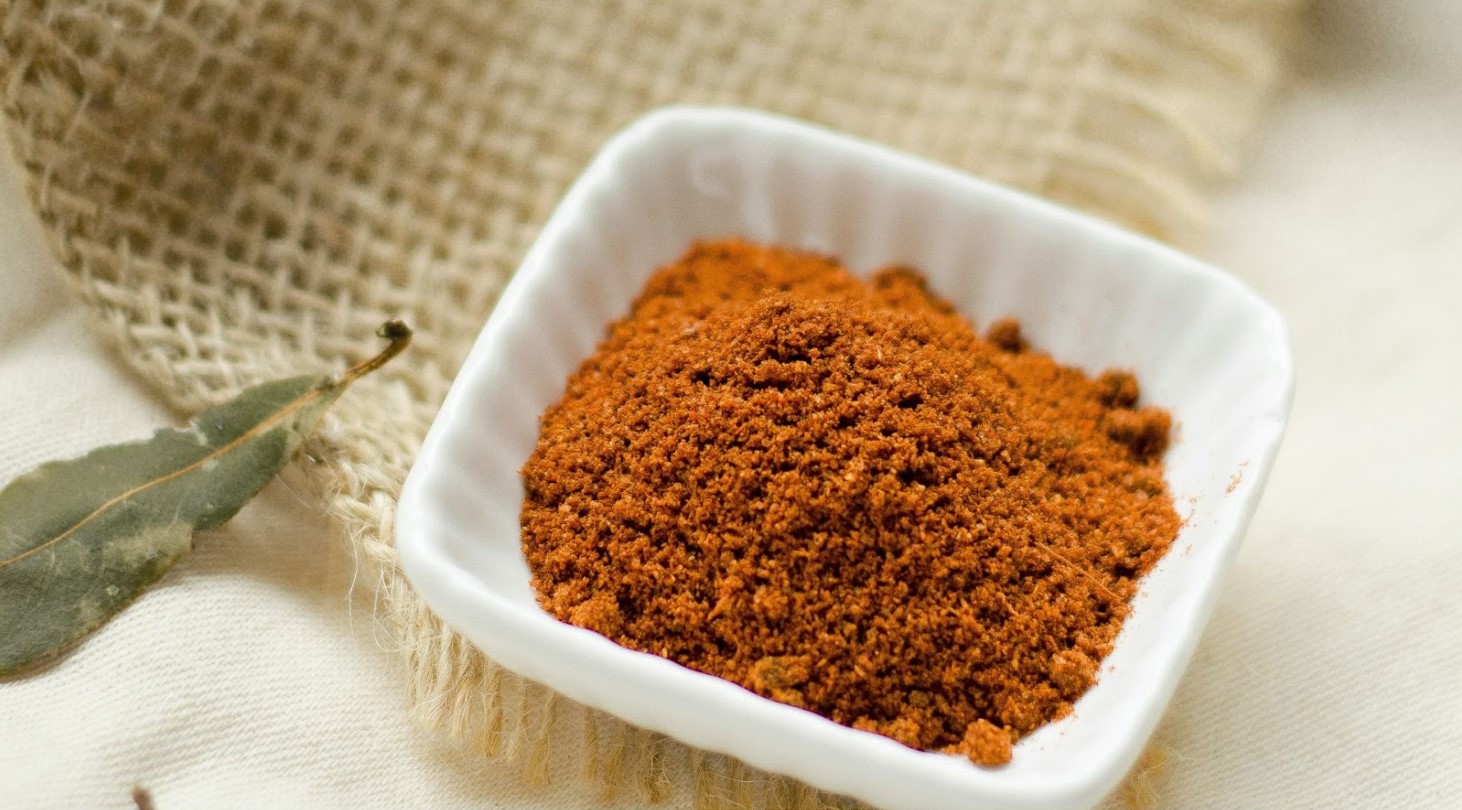
The Daily Mail explains the research indicates that cinnamon might also promote the growth of beneficial bacteria within the gut microbiome, which could have a positive impact on blood sugar regulation.
This aspect of the study highlights the broader health benefits of cinnamon, extending beyond just blood sugar control to potentially influencing gut health and, subsequently, overall well-being.
Continuous Glucose Monitoring in the Study

The research utilized continuous glucose monitors (CGMs) to track participants’ blood sugar levels throughout the study.
These devices provided detailed insights into how cinnamon consumption influenced blood sugar stability compared to the placebo. The data collected from CGMs revealed that cinnamon consistently maintained lower blood sugar levels and reduced spikes after meals.
The Necessity for Further Research
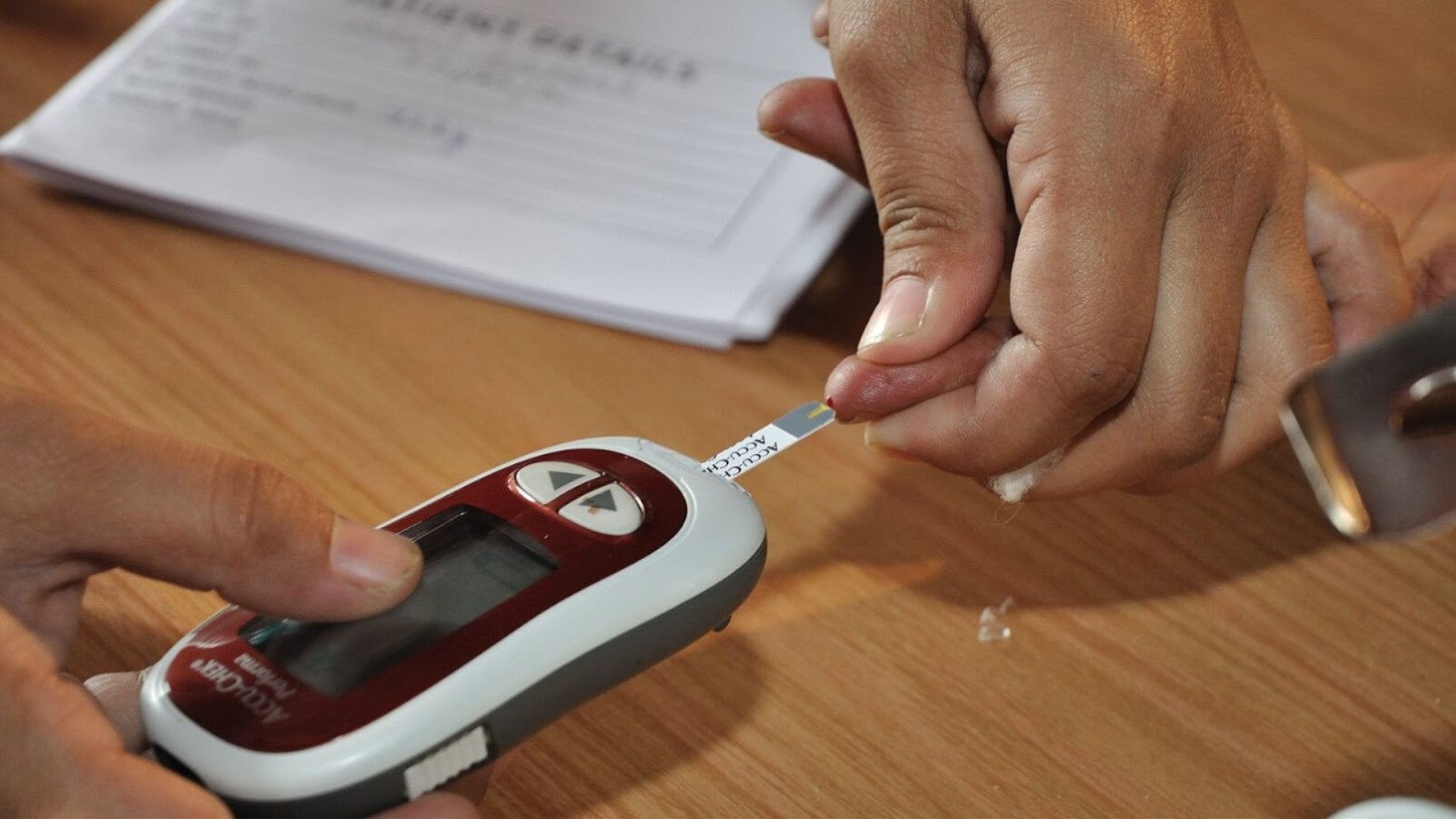
While the findings from this study are promising, experts caution that further research with larger sample sizes is needed to confirm cinnamon’s effectiveness in blood sugar regulation, CNN Health reports.
The initial study’s small participant group limits the generalizability of the results, emphasizing the need for more comprehensive research to validate these findings.
Considering Broader Demographic Applicability
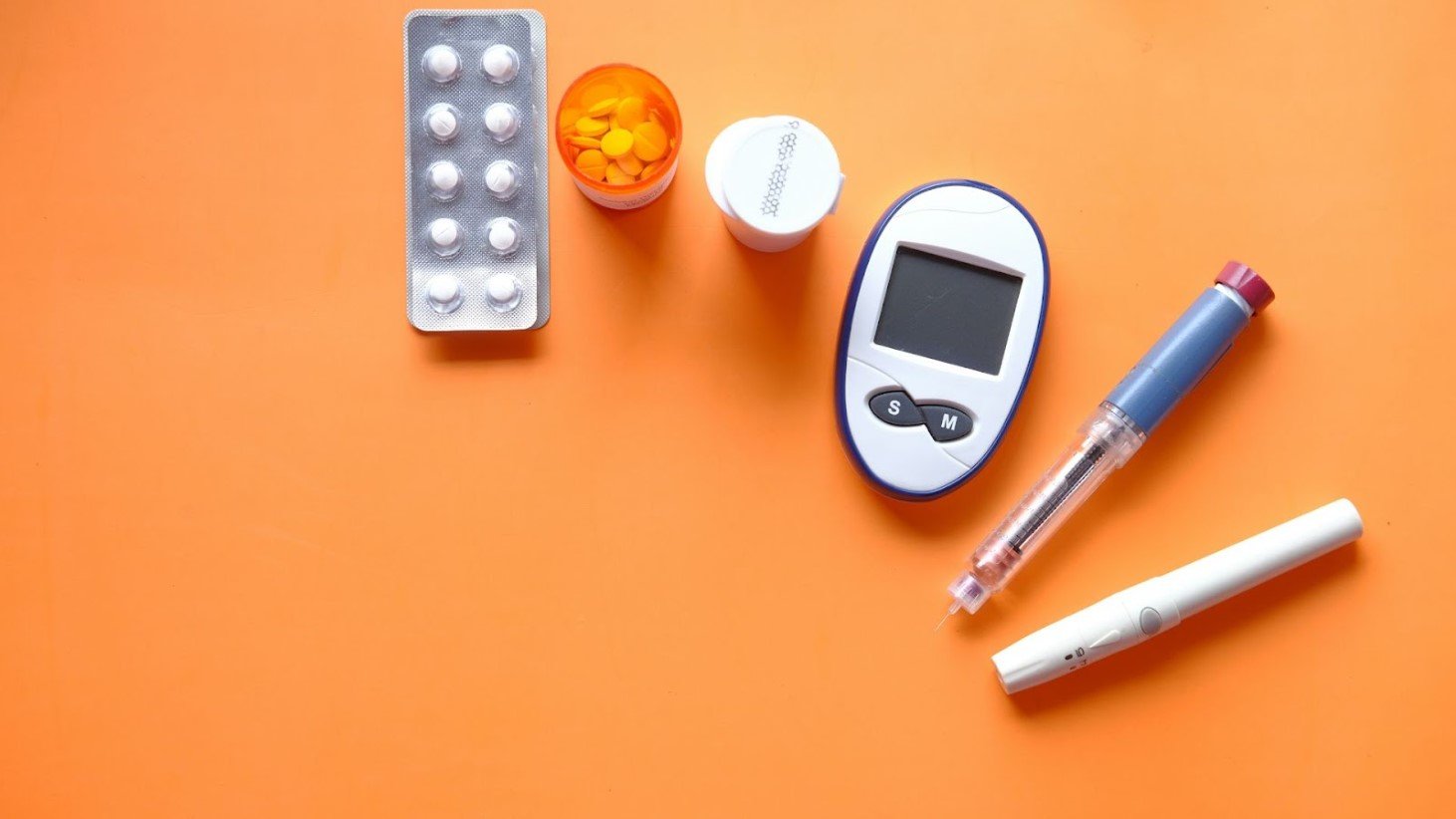
Kelsey Costa, a registered dietitian nutritionist not involved in the study, mentioned the importance of cautious application of these findings across different demographics.
The study’s focus on individuals with prediabetes and obesity may not directly translate to broader populations, indicating a need for further investigation to understand cinnamon’s impact on diverse groups.
Cinnamon’s Place in Diabetes Prevention Research

The study conducted by the University of California, Los Angeles, adds to the growing body of research exploring natural methods for managing and preventing diabetes.
Cinnamon’s observed effects on blood sugar levels and its potential benefits for gut health suggest that it could be a valuable addition to dietary strategies aimed at controlling pre-diabetes and preventing the onset of diabetes, The Daily Mail reports.








































